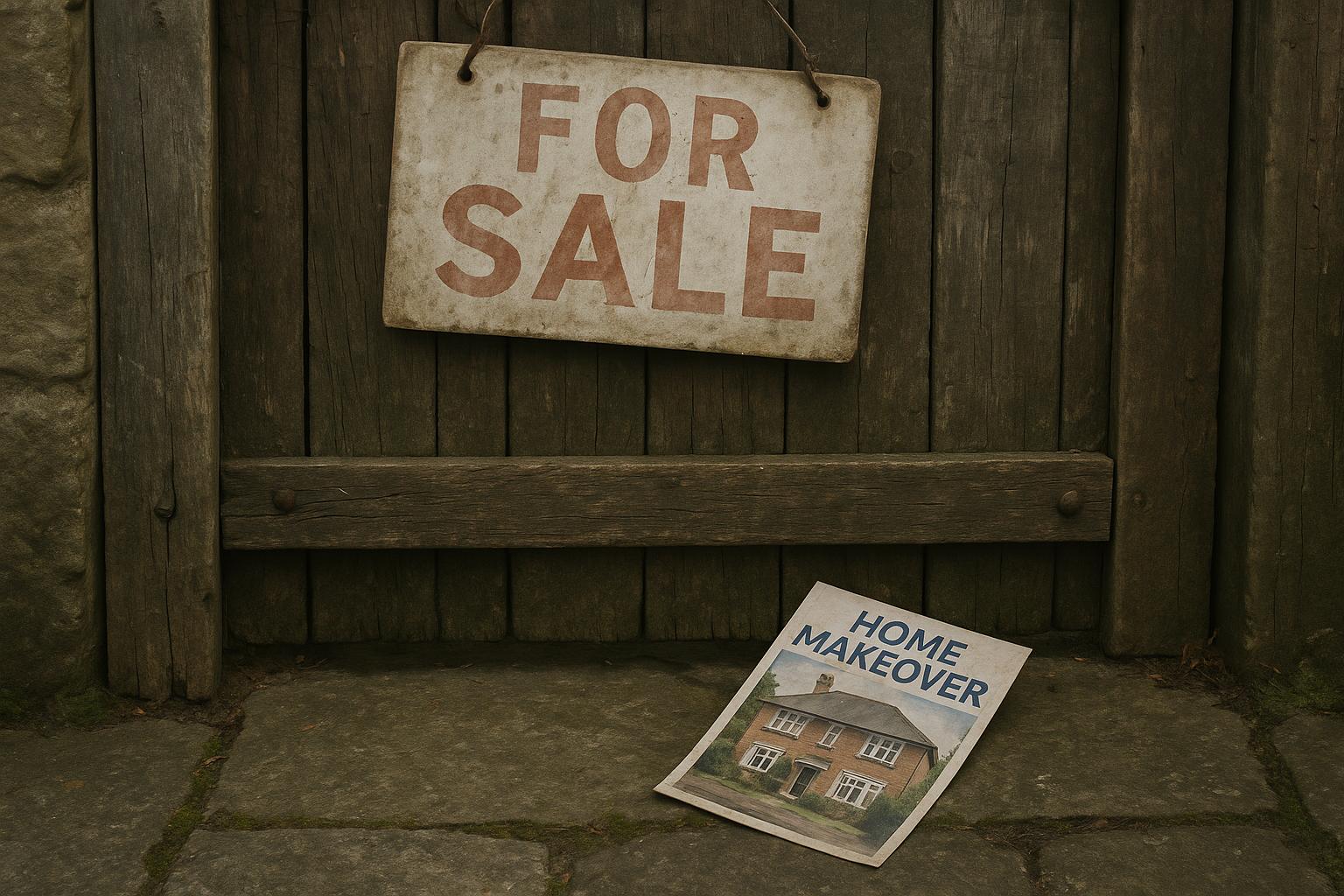Millions of homeowners and their families suffering from common chronic health conditions such as arthritis, asthma, eczema, and diabetes could claim up to £30,000 in government-backed grants to upgrade their homes to be warmer and more energy efficient. However, awareness of this support remains extremely low, partly because energy suppliers barely advertise the scheme aimed at helping vulnerable households.
The grant programme is part of the Energy Company Obligation scheme, currently in its fourth phase known as ECO4, which runs until 2026. This initiative, mandated by the UK Government and funded by the largest energy companies, offers up to £1 billion annually to support eco-upgrades for eligible households. It targets low-income families, those receiving certain benefits, as well as people with medical conditions that are exacerbated by cold, damp, or poorly insulated homes. Recent expansions to the scheme specifically include chronic health sufferers whose conditions could improve with warmer living environments.
Eligibility criteria require the property to have an Energy Performance Certificate (EPC) rating below a ‘C’, a threshold unmet by roughly half of UK homes. These households can obtain financial aid for improvements such as cavity wall and loft insulation, double glazing, air source heat pumps, boiler replacements, and installation of renewable energy sources like solar panels. Importantly, the scheme is not means-tested, but applicants must either own their home or have landlord permission.
Doctors play a crucial role in the application process by providing a referral letter confirming the patient's health condition and its likely exacerbation by a cold home. The energy regulator Ofgem states that doctors can refer patients suffering from severe or long-term illnesses — including cardiovascular conditions, respiratory diseases, immunosuppression, or limited mobility — to access the grants. While the final eligibility decision rests with the GP, many eligible individuals remain unaware of this support, and energy companies seldom promote it openly. Energy suppliers typically require only the doctor's letter without further documentation, simplifying the procedure for applicants.
Consumer charities highlight the significant health burden caused by cold homes. Allergy UK estimates that at least two million people live with allergies aggravated by dampness and mould, triggering severe respiratory problems such as asthma. With around seven million in the UK suffering asthma and ten million living with arthritis, the reach of this scheme could be vast, potentially improving quality of life and reducing healthcare costs for millions.
Sarah Jones, a travel agent from Scunthorpe who has suffered from asthma since her teens, illustrates the scheme’s potential impact. Unaware of the grants, she spent over £13,000 on home improvements to raise her bungalow’s EPC rating to the qualifying level. She expressed regret that earlier awareness might have saved her thousands and allowed her to devote savings to other health necessities. Sarah’s energy provider, Octopus Energy, acknowledged it could have provided assistance had she applied earlier and now supports her with an electric blanket, cheaper energy tariffs, and information on further grants.
The Department for Energy Security and Net Zero emphasises that the ECO scheme is essential in the context of escalating energy prices and the urgent need to upgrade UK housing stock for both environmental and public health reasons. While the scheme primarily assists low-income families, its inclusion of chronic health conditions aims to mitigate the adverse effects of cold homes on vulnerable populations.
Applicants are advised to first consult their GP for a referral letter, preferably using an Ofgem-approved template available through various energy saving platforms. This letter should then be submitted to their energy supplier, who will arrange for a free home survey and installation of appropriate measures at no upfront cost. Government resources provide tools for checking EPC ratings and further guidance.
The scheme represents a crucial, albeit under-publicised, opportunity for thousands of families to reduce energy bills, improve health outcomes, and create more resilient homes amid the energy crisis and growing climate concerns.
📌 Reference Map:
- Paragraph 1 – [1], [4]
- Paragraph 2 – [1], [2], [7]
- Paragraph 3 – [1], [3], [7]
- Paragraph 4 – [1], [3]
- Paragraph 5 – [1], [6]
- Paragraph 6 – [1]
- Paragraph 7 – [1]
- Paragraph 8 – [1], [5], [7]
- Paragraph 9 – [1], [2], [4]
Source: Noah Wire Services
